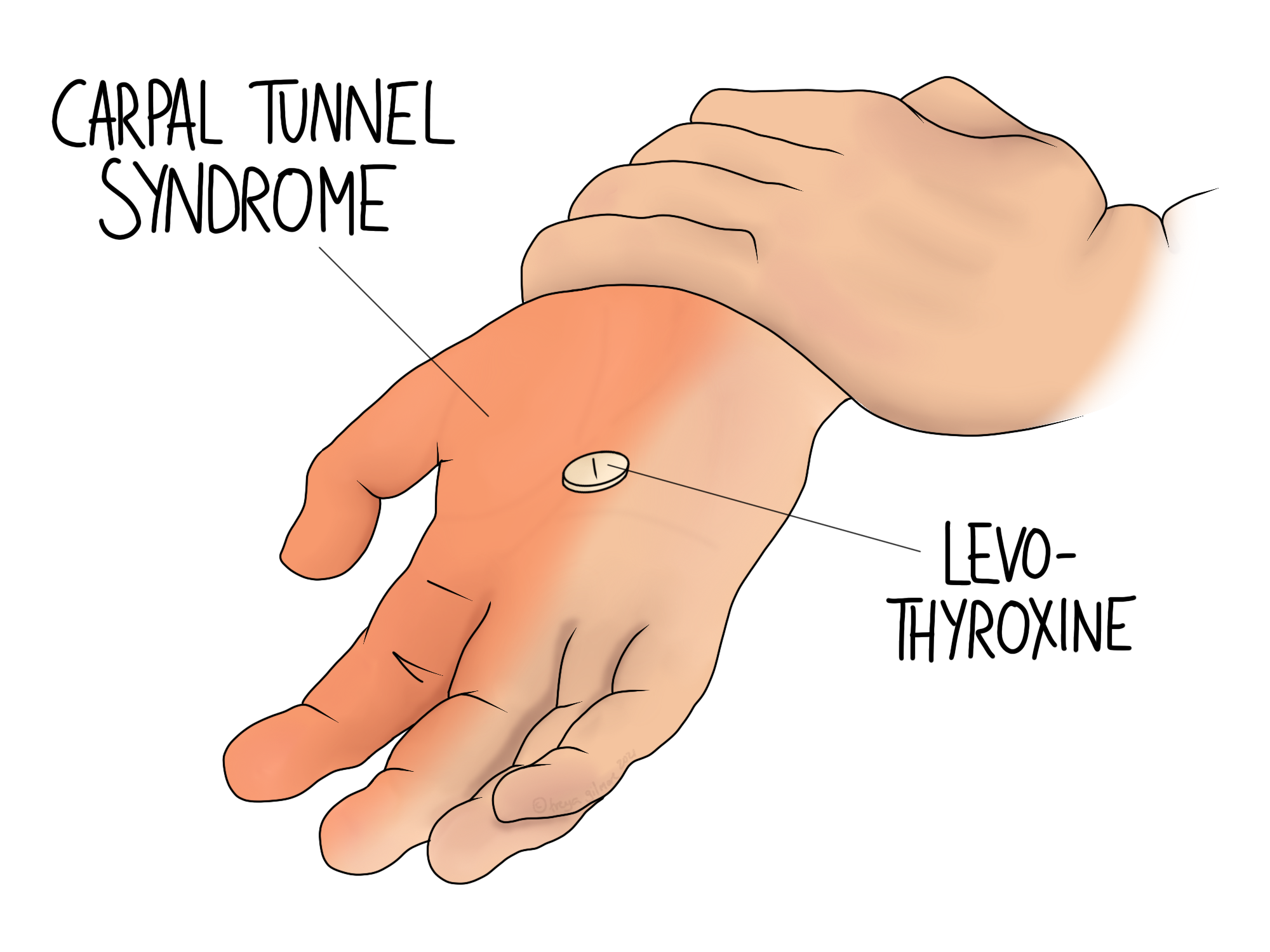Hormones and Pain
Pain is a complicated thing, influenced by a number of internal and external factors. External factors include things like the context of an injury- you’ll likely be in more pain if an injury looks bad, or if you’re worried that it will have a larger impact on you. Internal factors can include your chemical makeup, including your hormones.
Menopause and Pain
During menopause, oestrogen levels drop, as do testosterone and progesterone levels. For some people, this is associated with improvement in long term painful conditions like migraines. For others, menopause comes with increased sensitivity to pain and the onset of new uncomfortable conditions. Focusing on pain sensitivity, experiments on mice showed that nerve pain was more likely to persist in female mice when it would resolve relatively quickly among the males. Interestingly, treatment with an oestrogen-type hormone used in HRT improved their outcomes. Frustratingly, HRT to manage the symptoms of menopause has been associated with jaw pain and fibromyalgia. In any case, doctors do not like to prescribe HRT indefinitely, so it should not be considered a long term solution to pain. During the time that it may be appropriate for you, we can help support your pain relief with osteopathic treatment, advice, and exercises.
Secondary to changes in pain processing, the menopause can be responsible for pain in a less direct way. Peri- and post-menopausal women are at higher risk of developing osteoporosis (reduced bone density). This makes affected bones more susceptible to fracture, which in turn would cause pain. The bones of the upper back can lose density and become more vulnerable to crush fractures, in which the main body of the bone is fractured by pressure from structures above it. When bone density is reduced, this can happen in seemingly innocuous situations, such as a small fall or knock. If your pain seems in line with a possible fracture, we will refer you back to your GP or to get an X-Ray.
Thyroid Hormones and Pain
Research suggests that there is a connection between early stage hypothyroidism and some nerve pains. Osteopaths take a detailed case history at your first appointment to screen for a number of things, aiming to pick up any factors that might play a role in your pain. One question that’s really useful to answer is “why now?”. If you have developed carpal tunnel syndrome but seemingly nothing has changed, and you can’t find a reason for why it’s started, there may be a hormonal link.
Early symptoms of hypothyroidism can be difficult to spot as they are quite vague and include things like:
weight gain
fatigue
constipation
sensitivity to cold
muscle pains
Diagnosing an underactive thyroid early is important, and simple to do with a blood test. Longer term effects of low thyroid hormones include cardiovascular problems, so we will refer you back to your GP if we think you might need some intervention here. We can still treat your nerve pain alongside this- and we expect better results if hormone levels are improved.

